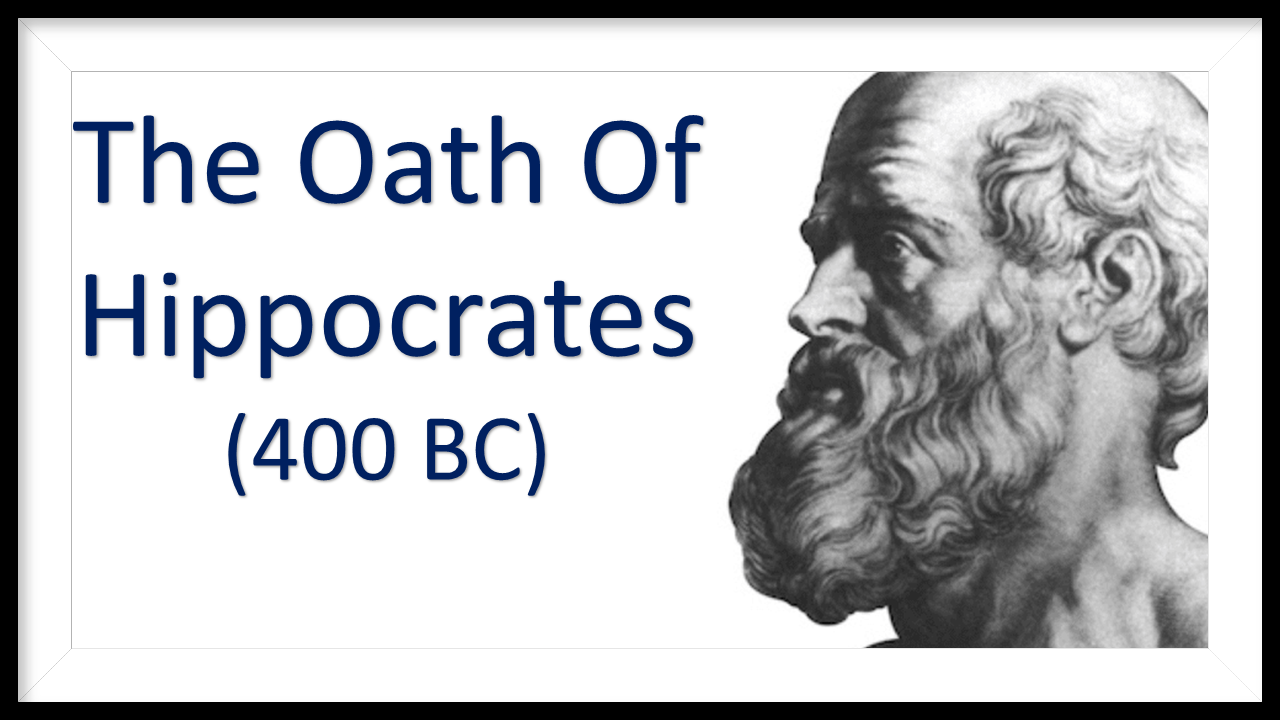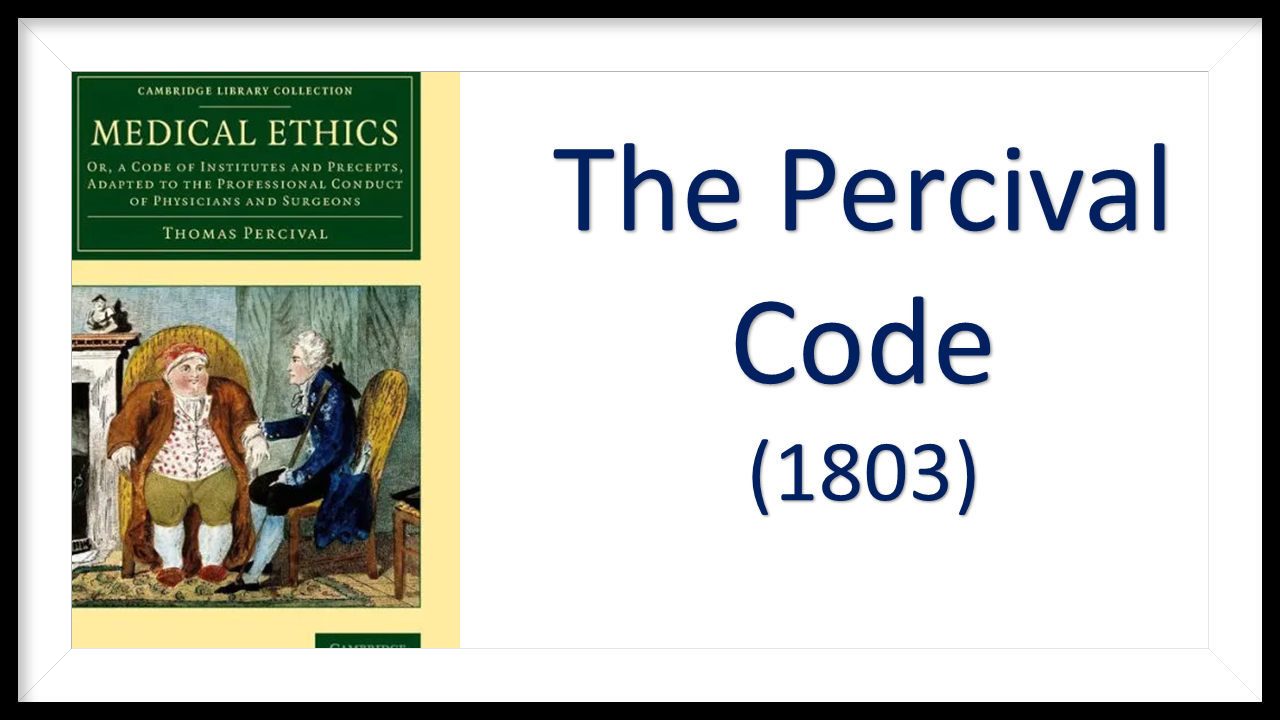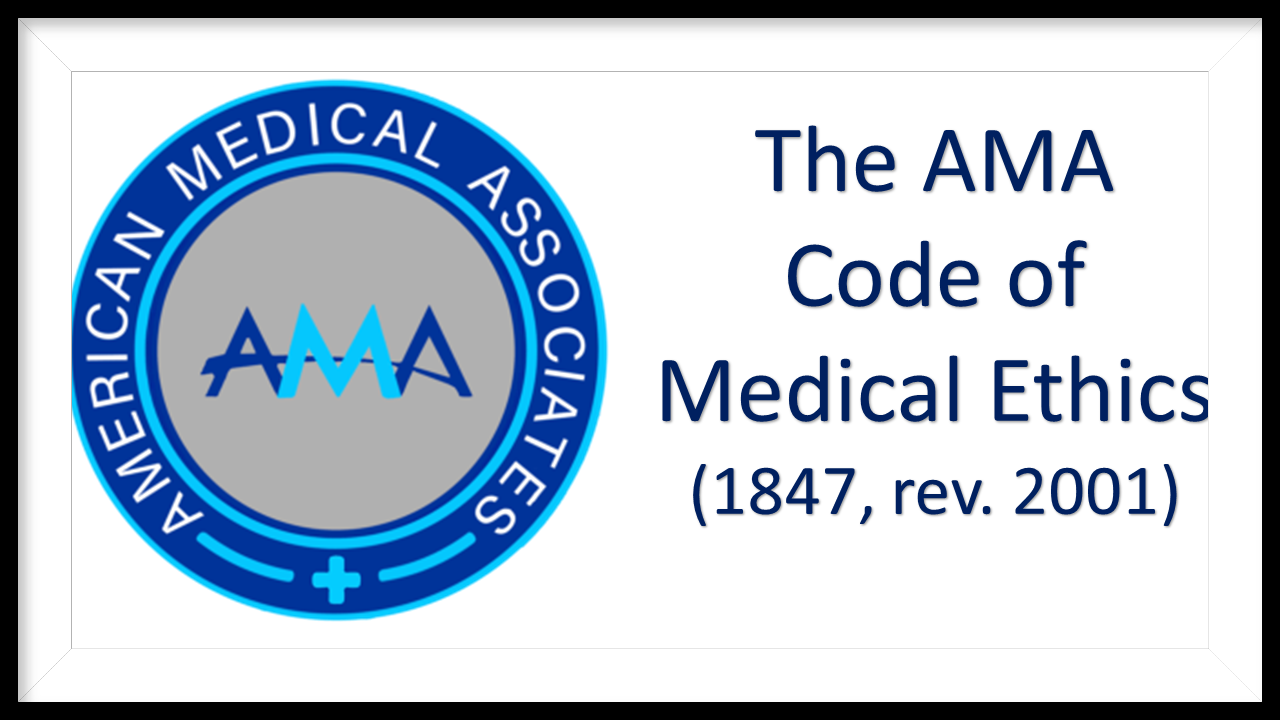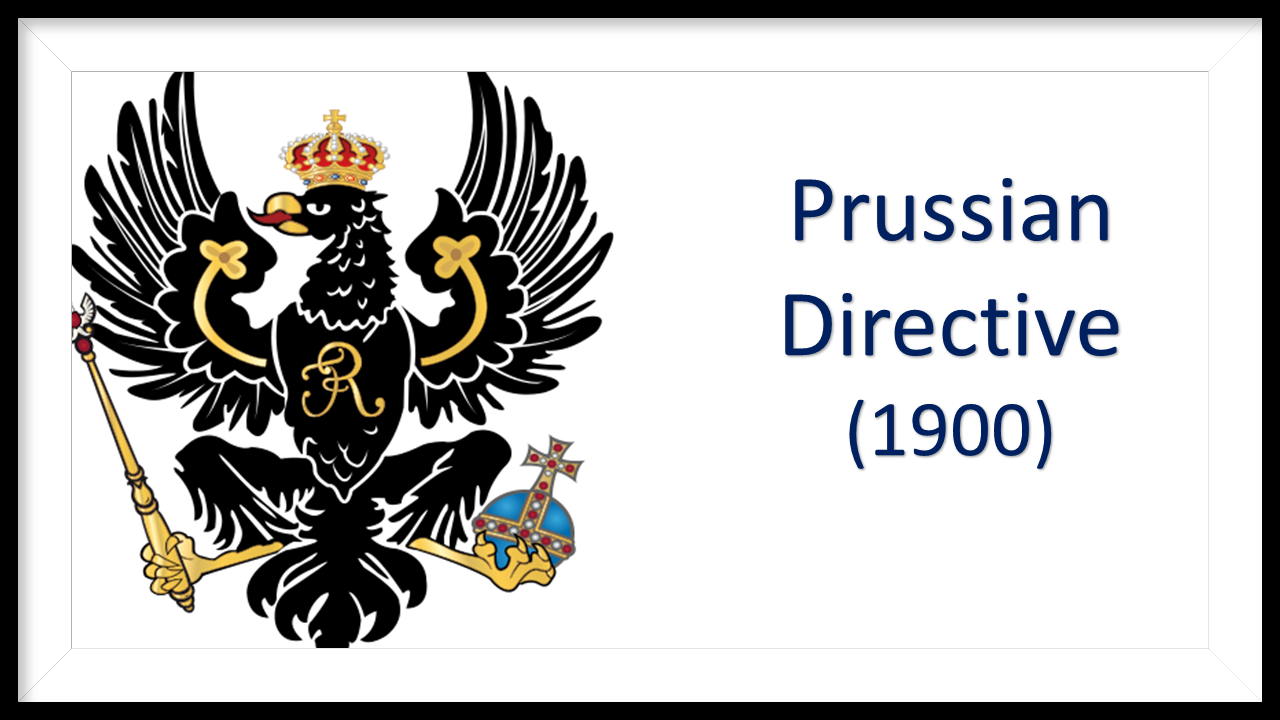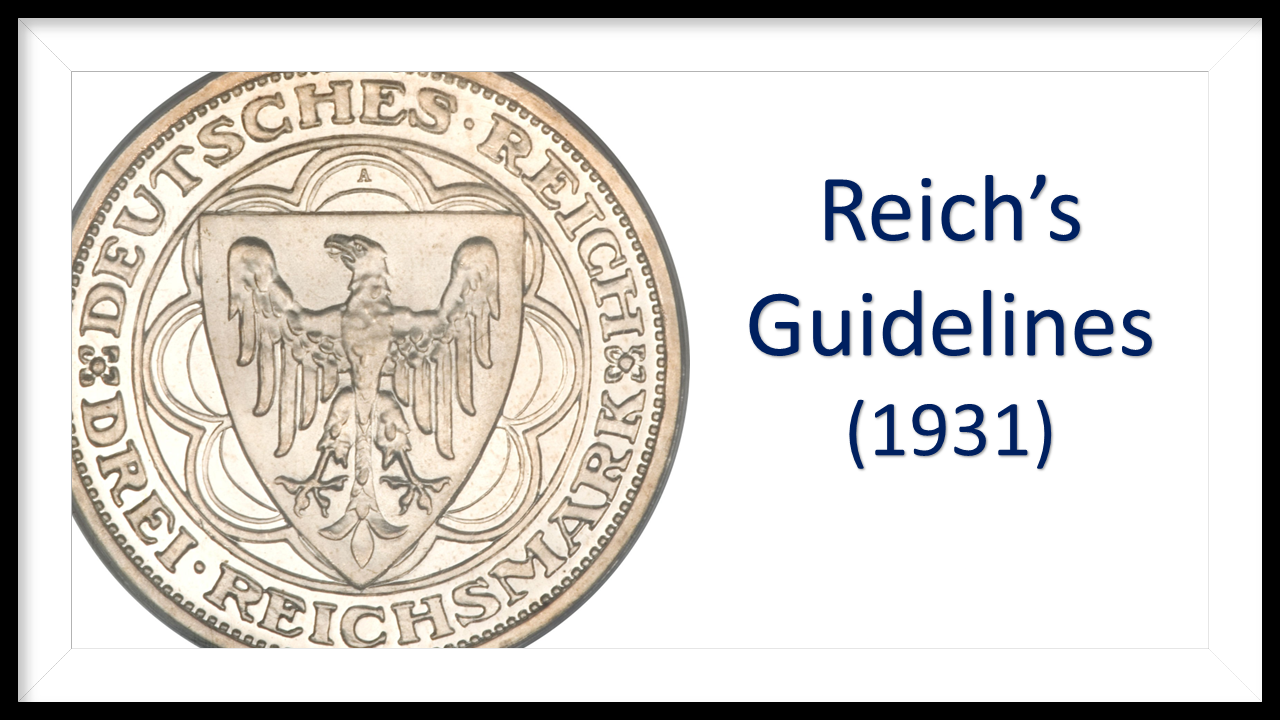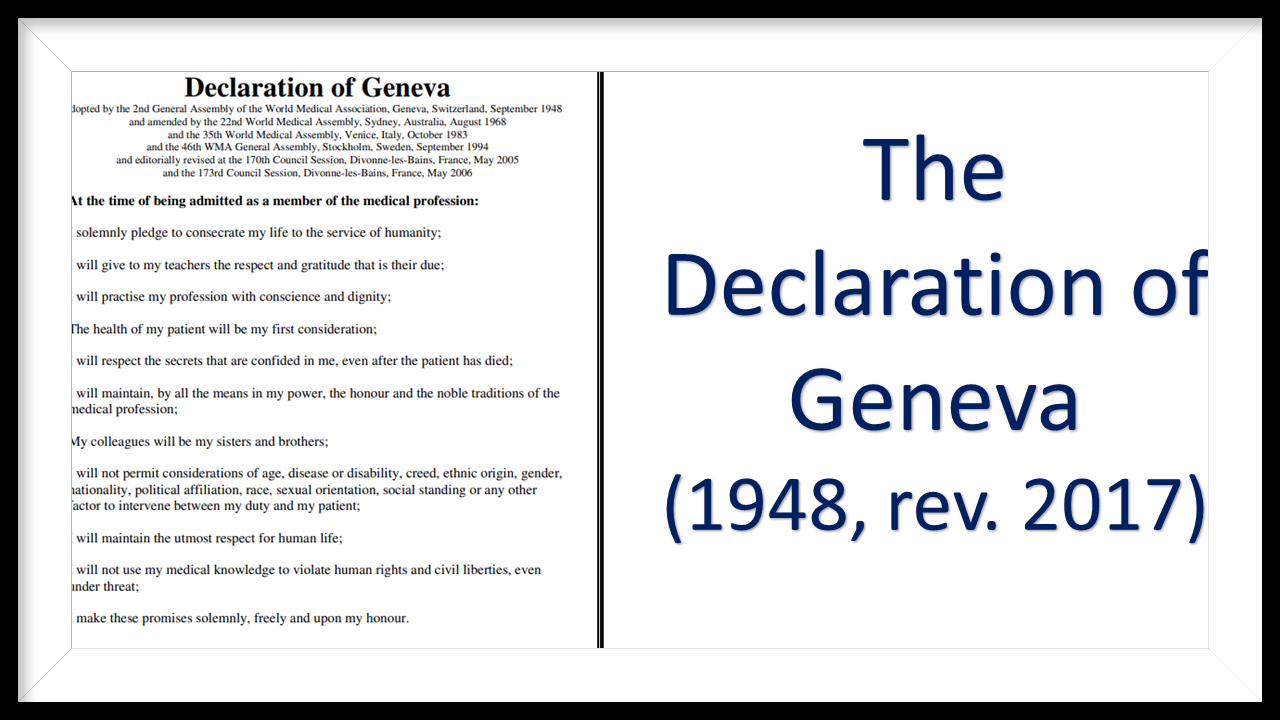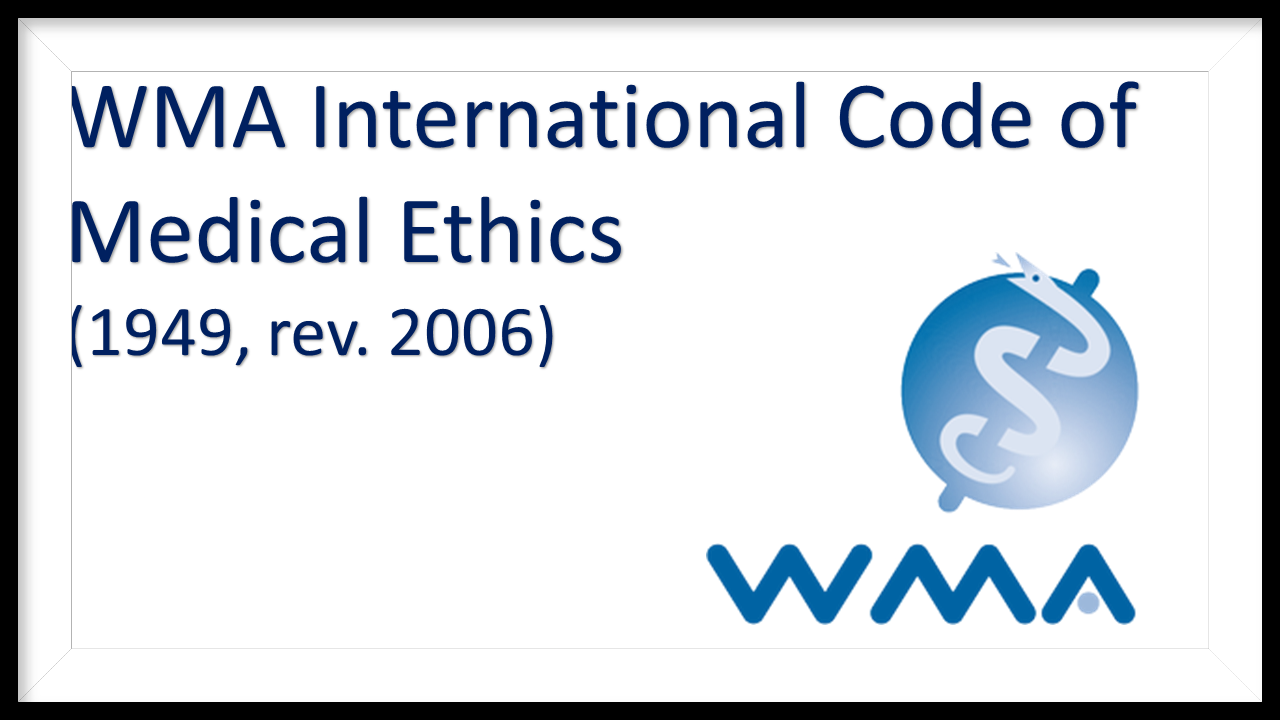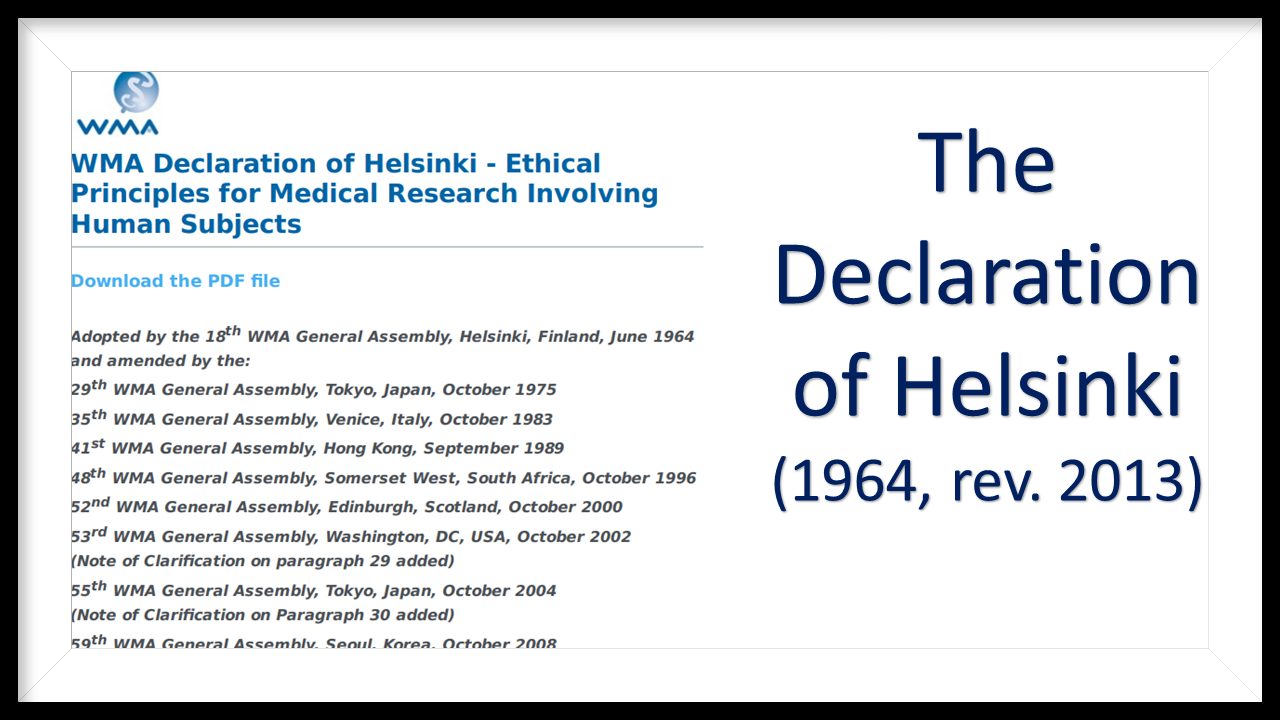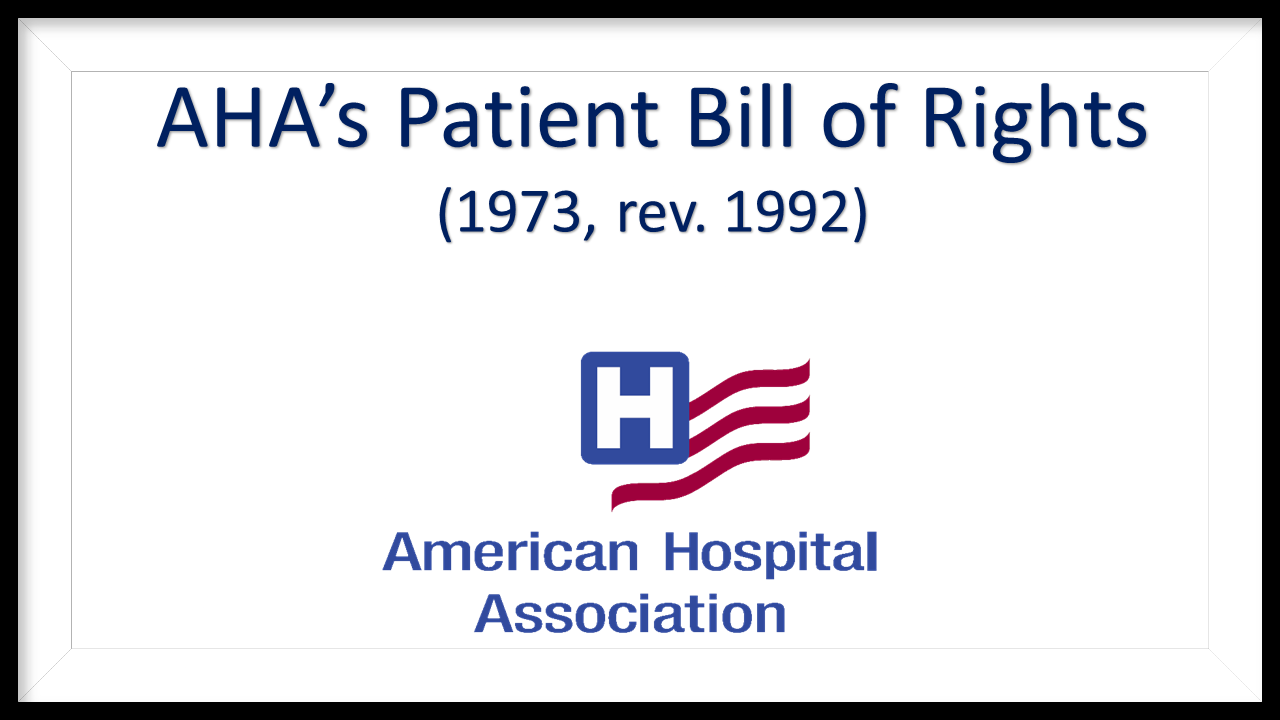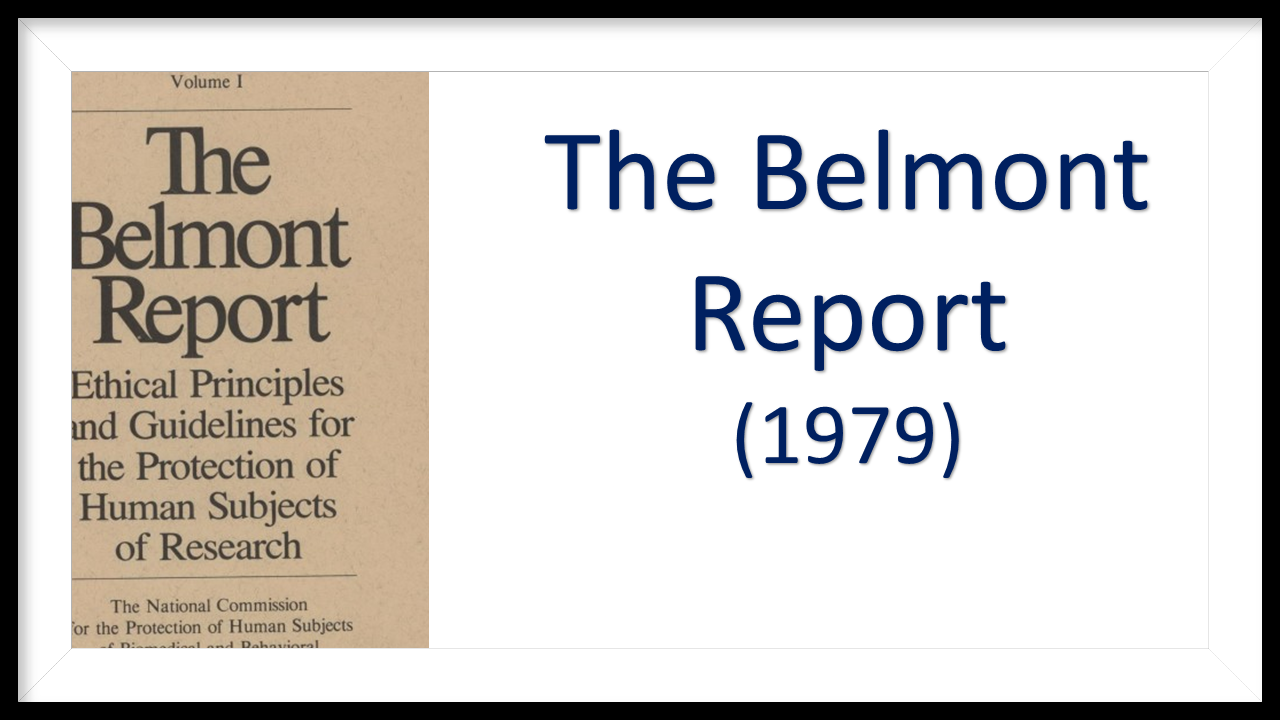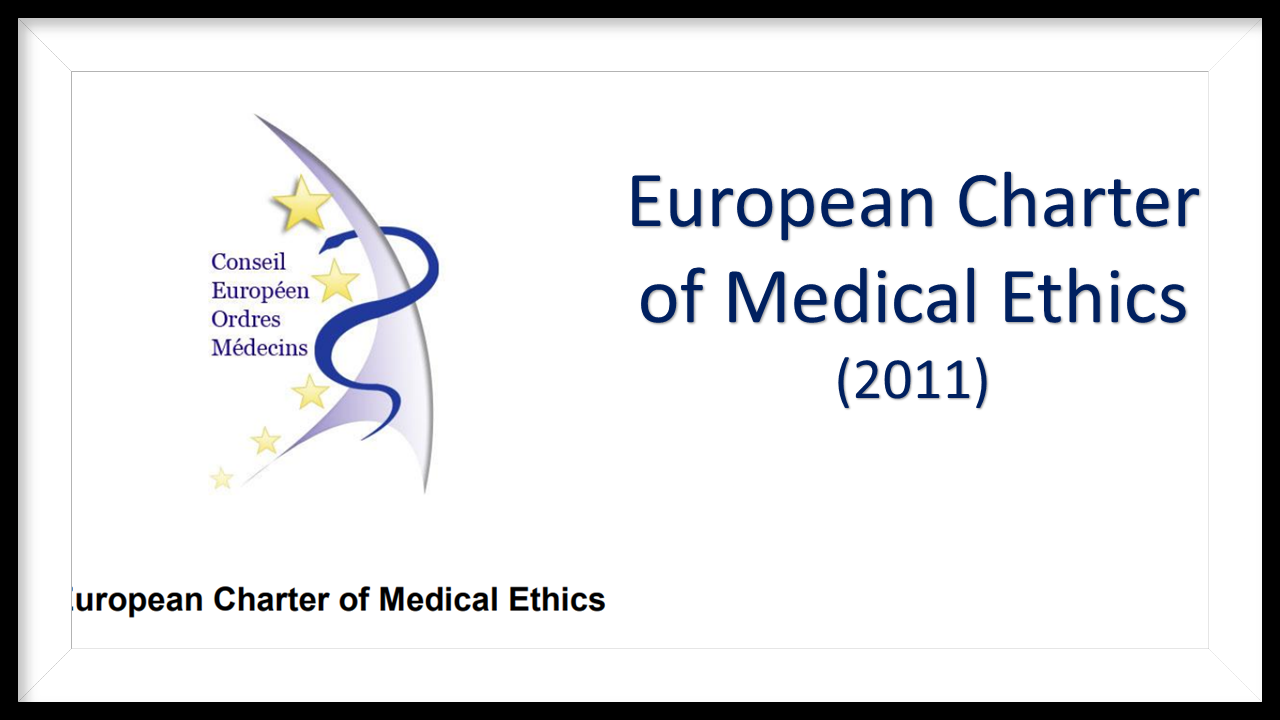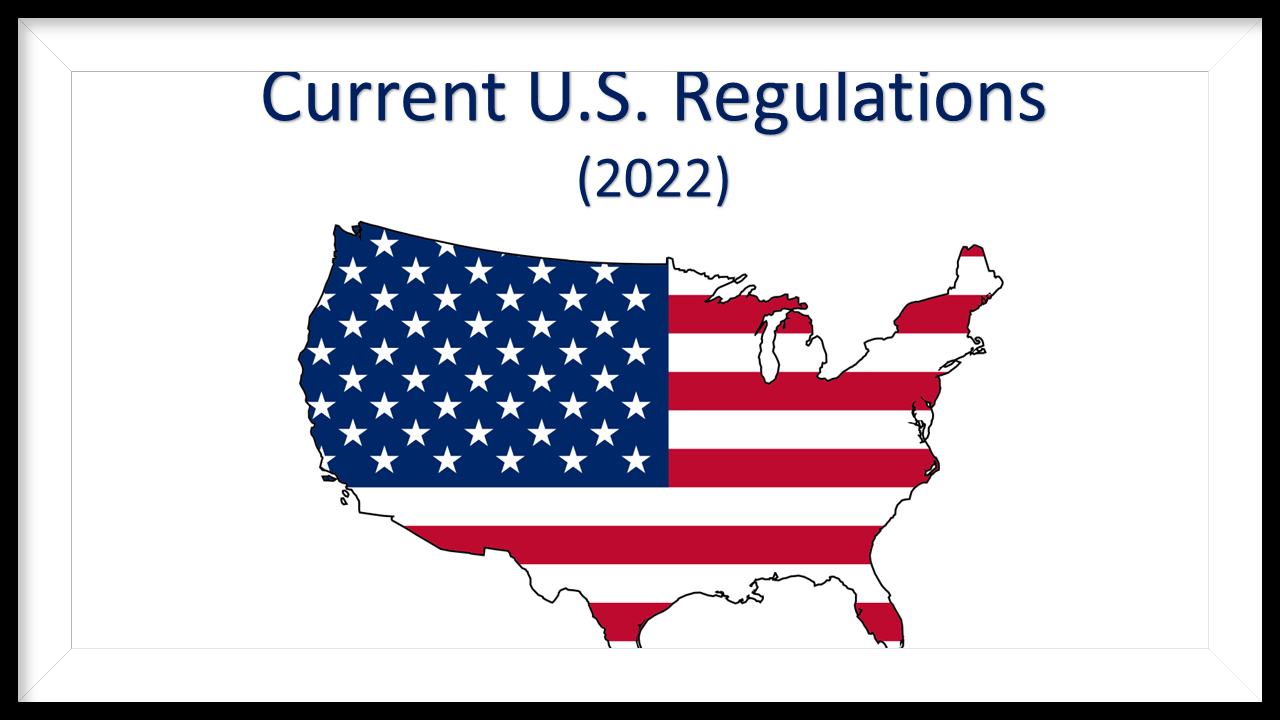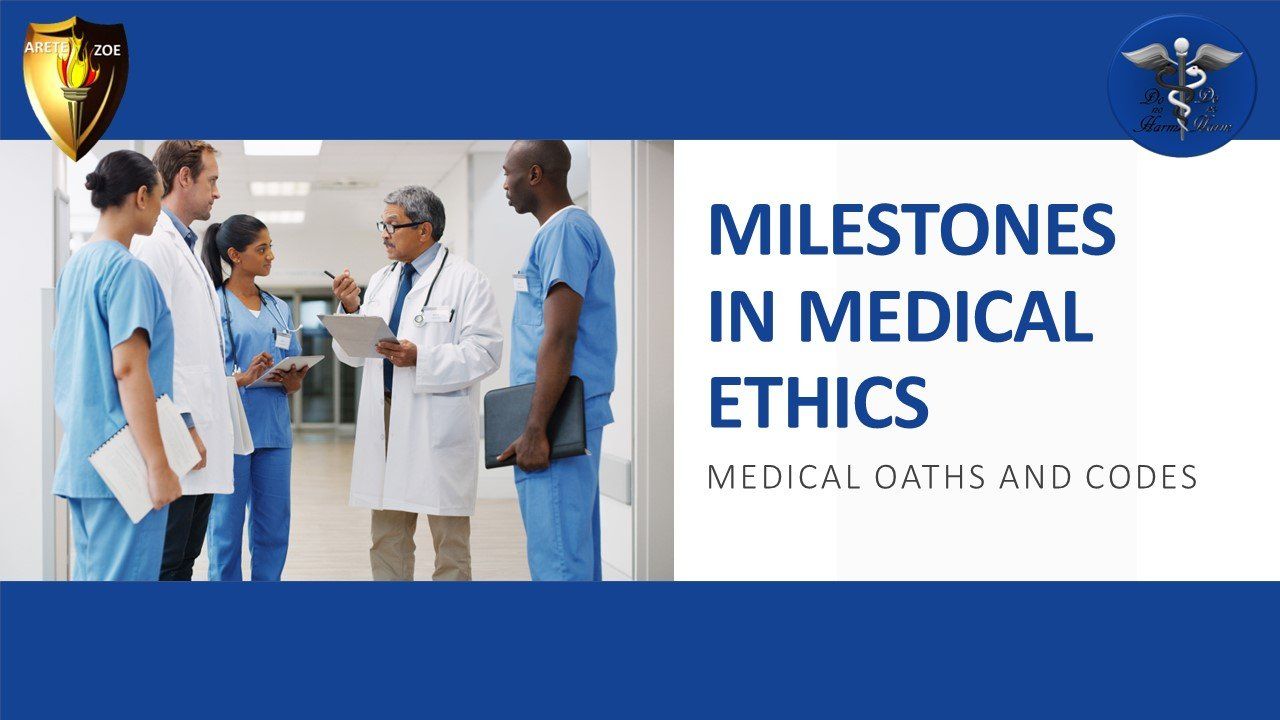
Follow VAERS Explorer on Social Media
Reich's Guidelines
(1931)
Modern Germany as a state was only formed in the 19th century through the unification of German-speaking kingdoms by Prussian Prime Minister Otto von Bismarck. The Second Reich collapsed after WWI, leading to the formation of the Weimar Republic (1919 - 1933). After 1933, Adolf Hitler gained power and established the Third Reich, which lasted until its defeat in WWII in 1945.
In 1931, the Weimar government published Guidelines for new therapy and human experimentation in response to pressure from the press. The guidelines distinguished between therapeutic research and human experimentation without therapeutic purpose. They upheld the principles of beneficence, nonmaleficence, and patient autonomy. Informed consent was required except in medical emergencies when treatment would be in the patient's best interest.
Non-therapeutic research without consent was not permitted under any circumstances. A detailed research plan and a cost-benefit analysis supported by results from animal experiments were required before commencing experiments on humans. Experimentation on minors, incompetent patients, and dying patients was prohibited. The guideline specifically rejected any exploitation of social or economic needs and imbalance of authority. The guideline required the inclusion of informed consent, the research process, and clarification of personal responsibility in patients' medical records.
The institution's director was ultimately responsible for clinical experimentation performed in his facility. The concept of hierarchical responsibility differs from current practices when each researcher is personally accountable for his or her conduct.
The regulation of medical research was not an initiative coming from the medical profession but a response by government authorities. These regulations had a limited impact on actual practice and did little to prevent the abuses within the medical profession in Nazi Germany.
During and after WWI, the topic of medical experimentation reemerged as it became clear that the Prussian directive failed to address the issue. The medical profession itself placed the welfare of the Fatherland over the interests of sick patients. The pressure from the public intensified due to works by Dr. Julius Moses, who published a report of 75 children who died of experimental tuberculosis vaccinations in Lübeck. The close relationship between the industry and German hospitals became another thorny topic as the German industry became at the forefront of medical development with an extraordinary number of patents. German patients paid the price for this research. The origins of medicine without humanity emerged long before the ascent of Nazism. German journal Ethik became the forefront of Social Darwinism and collective ethics, where the contributors promoted sterilization and euthanasia in the national interest.
In March 1930, the Reich Health Council gathered to discuss the conditions of medical experiments on healthy and sick subjects. The main speakers, Friedrich Müller from Munich and Alfons Stauder, supported human experimentation yet admitted deficiencies in scientific practice. Stauder argued that a regulatory body would stall German industry in international competition.
On February 28, 1931, the Ministry of the Interior published Guidelines on innovative therapy and scientific experimentation involving human subjects. Enforcement was left to employers rather than a professional body or a regulatory agency. Both guidelines - the Prussian directive of 1900 and the Reich directive of 1931, represent a soft law that does not carry civil or criminal penalties. Repeated attempts to regulate the medical profession failed to prevent medical research misconduct in interwar Germany and did not stop atrocities by the medical profession under the Nazi regime.
References
Dingwall, R., & Rozelle, V. (2011). The Ethical Governance of German Physicians, 1890–1939: Are There Lessons from History? Journal of Policy History, 23(1), 29-52. doi:10.1017/S0898030610000308 Available at: https://www.cambridge.org/core/journals/journal-of-policy-history/article/abs/ethical-governance-of-german-physicians-18901939-are-there-lessons-from-history/849163A5A9833462C457DC366D9AB838
Vollmann, J., & Winau, R. (1996). Informed consent in human experimentation before the Nuremberg code. BMJ (Clinical research ed.), 313(7070), 1445–1449. https://doi.org/10.1136/bmj.313.7070.1445 Available at: https://www.ncbi.nlm.nih.gov/pmc/articles/PMC2352998/
Last updated: September 10, 2022
Milestones in Medical Ethics
Follow VAERS Explorer on Social Media


